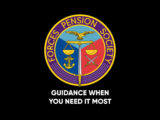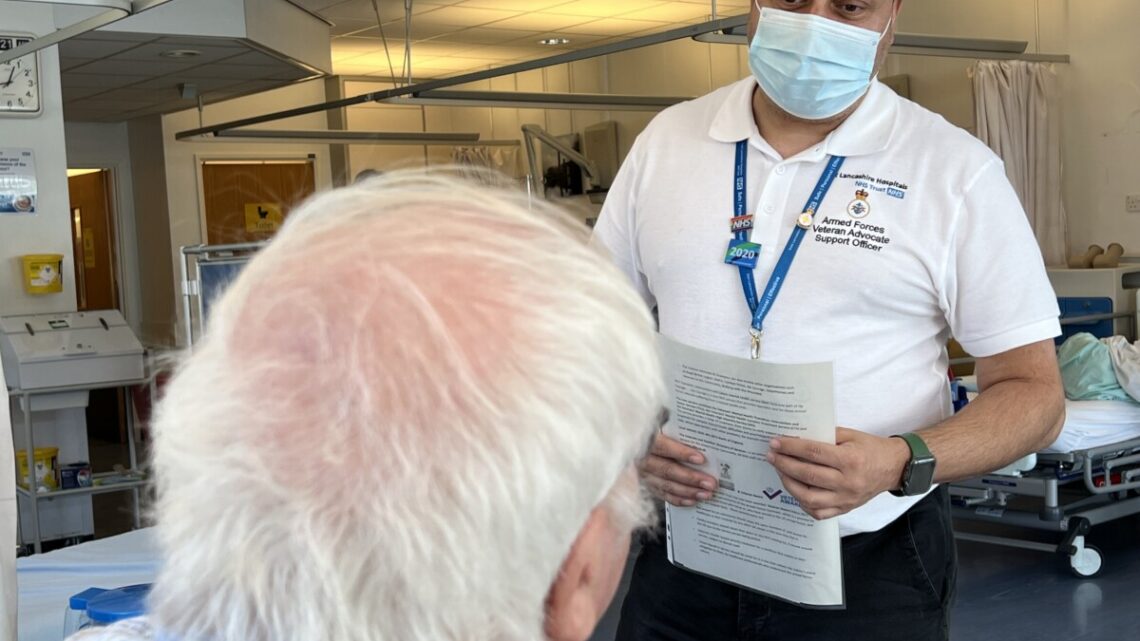
Civvy Life – Committed to Veterans
Shafiq Sadiq was in the Royal Army Dental Corps as a medical practice manager. He now has a dedicated role, looking after Veterans at East Lancashire Hospitals NHS Trust.
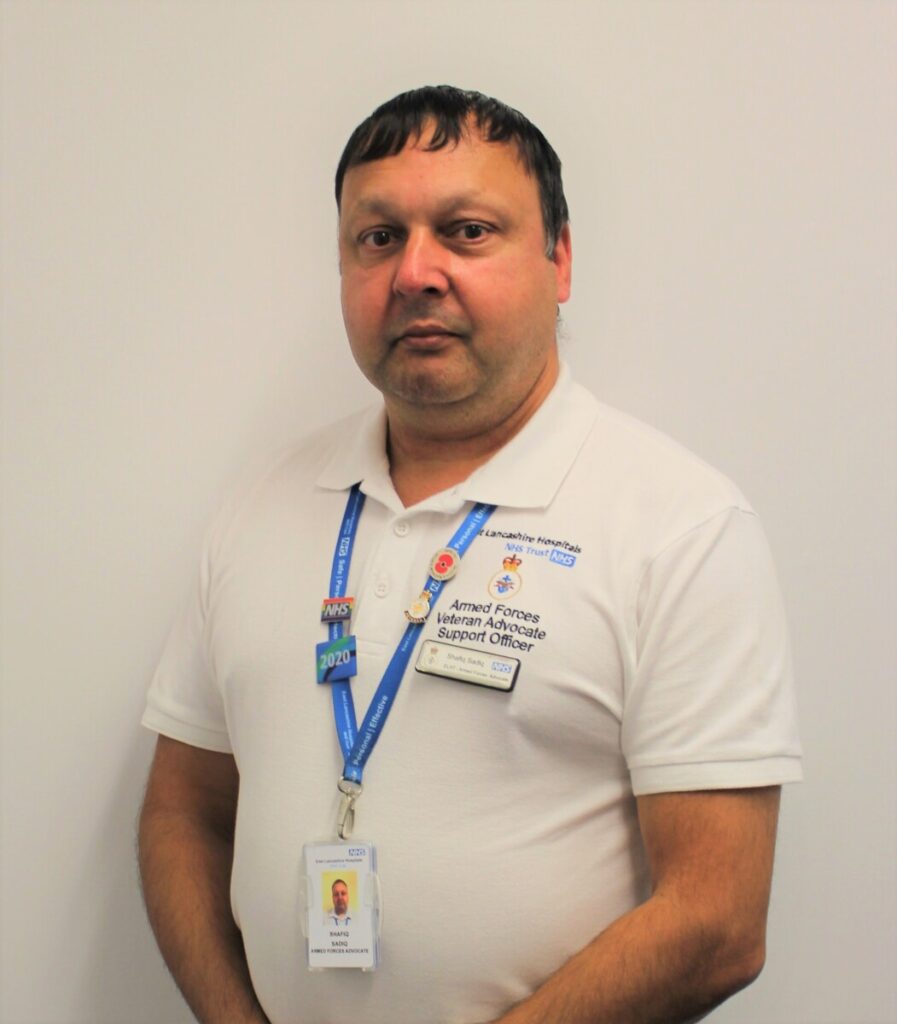
What’s your Military background?
I joined the Army in March 1987. I Served for 22 years and retired from the Military in March 2009. I was trained as a medic and as a clerk and deployed to Bosnia in the early 90s when that was at its worst, as well as Sierra Leone in 2000. I was also deployed to Iraq but missed the opportunity to go to Afghanistan.
How was resettlement?
I completed my 22 years. I was offered the opportunity to extend but at that point I thought it was time to move on to a new challenge. The difficulty was that my wife was also a Serving soldier. She was a nurse in the Queen Alexandra’s Royal Army Nursing Corp. When I retired, she still had 10 years to Serve, so I followed her around as the spouse of a Serving soldier, so I’ve seen both sides of the coin, so to speak: moving around as a Service family and the difficulties with housing and children’s schooling. Then, from a husband’s point of view, regarding difficulties with employment once you’ve left the Services.
I was fortunate that the Army trained me as a medical practice manager, which is a civilian qualification, so that was what I was going to go into. Initially, when I first retired, I managed to land myself a practice manager interview in London, because we were in Aldershot at the time. I was shortlisted to the last three candidates but my wife came home from work to say we were posted to Germany, so I had to knock that on the head, unfortunately.
We’ve all got bills to pay so I just had to take whatever was available. We also lived in Northern Ireland for four years and as a Veteran, job opportunities were quite difficult to find. I could only take jobs that were actually on camp, so that was quite a difficult time from an employment point of view.
I did do the CTP resettlement stuff but I always knew that I wanted to be a practice manager. That’s what I was trained in and that’s what I wanted to do when I left. But it just didn’t work out that way and I’ve not actually been in that role at all since I left.
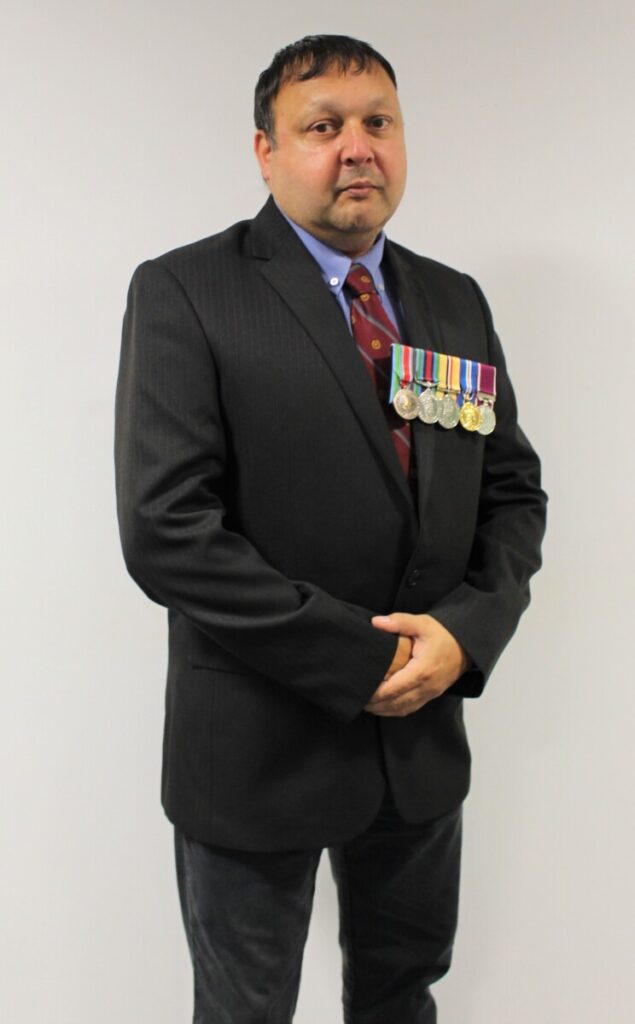
How did you come to work with East Lancashire Hospitals NHS Trust?
I’m originally from Ashton-under-Lyne, on the outskirts of Manchester and my wife is from Morecambe, on the coast. We always knew we were going to settle back here and I always knew that I would try to get a job within the NHS, having a medical and a medical administrative background.
Tell us about the Veterans support officer role…
I started with the NHS in 2019 working for a community based NHS team. They were called intensive home support. We provided acute medical care in patients’ own homes. It was predominantly an admission avoidance service but then the pandemic hit and we became the main focus for patient care for all those who were Covid positive. As you can imagine, we were very busy during those two years.
Your job title demonstrates genuine commitment to Veterans from the trust…
It’s a completely new role. Every NHS trust is now being asked to have an Armed Forces lead, or advocate within their setup, to provide support, mainly alongside their medical treatment. We’ve got five hospitals here in the East Lancashire Hospitals NHS Trust and it’s my role to support any Veteran that comes in as an inpatient and work alongside the nurses and doctors providing their medical care and help the patients with any support, such as financial, or housing and so on. I’ve seen over 500 Veterans face-to-face since I started and we’ve gone through a whole programme of educating 9,000 staff to help them understand what a Veteran is.
Everyone I’ve spoken with so far has responded in a positive way. Veterans haven’t always known this Service exists. I turn up and have a chat with them and especially the older ones, they love talking about the old times but some of them unfortunately, are a bit too ill to talk, so I just leave them some information to take away with them, once they recover. The Military has its own language and patients engage more, I think, knowing that I’m a Veteran and can speak the lingo.
Do you find that this is a good first step in those cases toward patient recovery?
Not only is the medical element of whatever treatment they’re receiving important, but I think the social and mental aspect that someone in a role like mine provides in helping recovery as well.
Are there many Veterans on the staff?
We do have quite a few Veterans employed within the trust and we also link in with a couple of local Reserve units.
In the Services, your job is pretty much safe. If you’re sick, you still get paid and you know if you Serve long enough, you’ll get a pension at the end of it and a golden handshake. The NHS, from an employment point of view, offers exactly the same thing.
There’s a whole range of things that the Trust does for its staff; they’ve got a wellbeing team, they’ve got their own charity and so on.
What do Veterans bring to roles in the NHS?
If you ask Veterans to do something, they will get on and do it, no questions asked. I’ve been asked to do a job and I’ll do it to the best of my ability.
I wouldn’t say that I miss the Forces. I was in for 22 years which is a long time and you’re of a certain mindset through the whole of that career and then when you take up employment in another agency, such as the NHS, you bring that mindset and mentality with you and you employ some of those principles that the Military taught you into your role. From an employment point of view, there is a host of opportunity within the trust and some of those roles ex-Service personnel would fit into – and we have a guaranteed interview for ex-Service personnel as part of our commitment to the Armed Forces Covenant. We also have the Employer Recognition Scheme Gold Award.
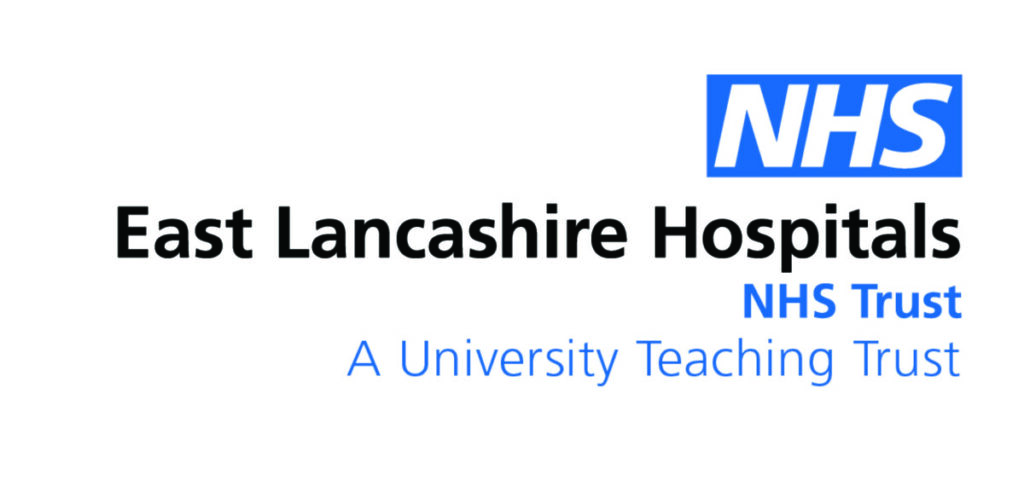
More: www.elht.nhs.uk


